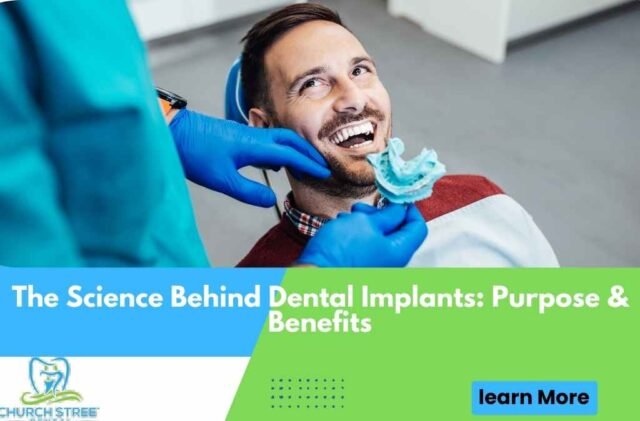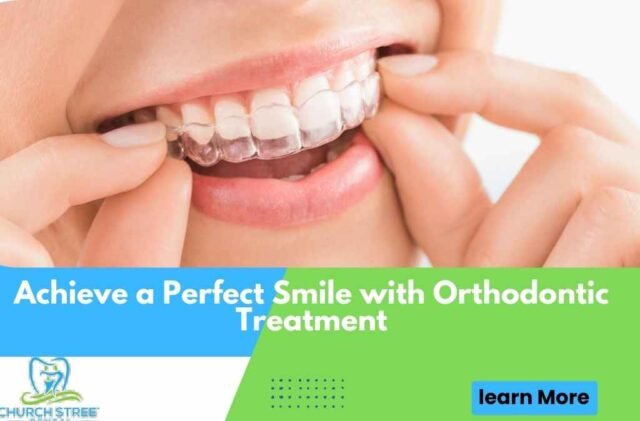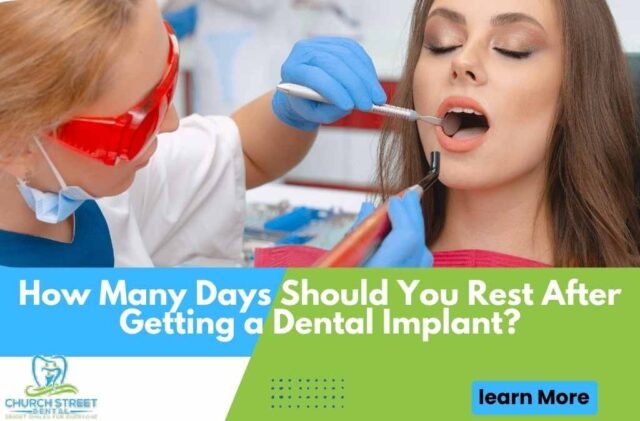When you get a dental crown, you’re investing in the longevity and strength of your tooth. However, just like any dental treatment, proper care is essential to ensure the crown lasts and remains in optimal condition. Whether it’s your first crown or you’ve had several, understanding how to care for it post-treatment is key to maintaining both your oral health and the integrity of the crown.
In this comprehensive guide, we’ll cover everything you need to know about caring for your teeth after getting a crown. We’ll discuss the importance of proper care, steps to follow, common challenges, and answer frequently asked questions to make sure your crown stays functional for as long as possible.
What is a Dental Crown?
Before diving into the care instructions, let’s briefly review what a dental crown is and why it’s used. A dental crown is a cap placed over a damaged or decayed tooth to restore its shape, size, and strength. It can also improve the tooth’s appearance, ensuring it blends seamlessly with the rest of your smile. Crowns are often made from porcelain, ceramic, or metal, and they provide long-term protection for weakened teeth.
Why Proper Care After Getting a Crown is Essential
Proper care is essential after getting a dental crown because:
- Longevity: With proper care, your crown can last anywhere from 10 to 15 years, or even longer.
- Preventing Damage: Crowns can become damaged or loosen over time if not maintained properly, leading to the need for costly repairs or replacements.
- Oral Health: Neglecting crown care can contribute to tooth decay or gum disease, which can affect the tooth under the crown.
How to Care for Your Crown: Best Practices
Taking care of your crown doesn’t require any complex routines, but it’s important to follow these best practices to protect both the crown and your natural teeth:
1. Maintain Good Oral Hygiene
While a dental crown covers your tooth, it’s still vital to brush and floss regularly around the crown. Bacteria can still gather around the gum line and the edges of the crown, leading to plaque buildup, decay, or gum inflammation.
- Brushing: Brush your teeth twice a day with a fluoride toothpaste. Make sure to gently brush around the crown to remove plaque without damaging it.
- Flossing: Use dental floss or interdental brushes to clean between your teeth and the crown. Be careful not to pull too hard, as this can loosen the crown.
- Mouthwash: Use a non-alcoholic mouthwash to help reduce plaque buildup and protect your gums.
2. Avoid Sticky or Hard Foods
In the first few days after getting a crown, it’s advisable to avoid hard, sticky, or chewy foods that could damage or dislodge the crown. This is especially important if you have a temporary crown in place.
- Sticky Foods: Avoid chewing gum, caramel, or toffee, as these can stick to the crown and pull it out.
- Hard Foods: Be cautious with hard foods like nuts, ice, or hard candies. These could potentially crack or break the crown if you chew them directly.
3. Chew Carefully
When eating, try to avoid chewing directly on the side where the crown is placed. This can help prevent undue pressure on the crown, reducing the risk of it loosening or cracking.
If possible, chew food on the opposite side of your mouth until your crown feels secure and you feel comfortable using it normally.
4. Visit Your Dentist Regularly
Regular dental check-ups are crucial to the ongoing health of your crown. Your dentist will check for any signs of wear and tear, plaque buildup, or any other issues that could affect the crown. Professional cleanings are also essential to keep the crown and surrounding teeth healthy.
- Annual Checkups: Make sure to visit your dentist at least once a year to check on the condition of your crown.
- X-Rays: Your dentist may take X-rays periodically to check for any issues underneath the crown or with your tooth.
5. Be Cautious with Teeth Grinding
If you grind your teeth at night (a condition known as bruxism), it’s important to inform your dentist. Teeth grinding can be particularly damaging to dental crowns and may lead to cracks or loosening.
- Mouthguard: Consider wearing a custom mouthguard to protect your crown (and your natural teeth) from the effects of grinding.
6. Avoid Staining Foods and Drinks
If your crown is made of porcelain or ceramic, it may stain over time with excessive exposure to staining foods and drinks. While some staining may not be noticeable, it’s still a good idea to limit your consumption of highly pigmented substances like:
- Coffee and tea
- Red wine
- Berries
- Tobacco
If you do consume these substances, be sure to rinse your mouth with water afterward to minimize the risk of staining.
7. Address Problems Promptly
If you experience any issues with your crown, such as discomfort, sensitivity, or if it feels loose, don’t wait too long to visit your dentist. Early intervention can prevent further damage to your crown or underlying tooth.
What to Expect After Getting a Crown
In the first few days after getting a crown, it’s normal to experience some mild discomfort or sensitivity. This should subside as your tooth adjusts. However, if you feel severe pain, or if your crown feels uneven or loose, it’s essential to contact your dentist for an evaluation.
Temporary vs Permanent Crowns: Key Differences
- Temporary Crowns: These are placed while you wait for your permanent crown to be created. Temporary crowns are often made from resin or acrylic and are not as durable as permanent ones. Be extra careful when eating with temporary crowns.
- Permanent Crowns: These are made from more durable materials such as porcelain, ceramic, or metal, and they’re designed for long-term use.
Conclusion
Taking care of your dental crown is crucial to ensuring it remains functional and durable for years to come. By following these care guidelines, maintaining regular dental visits at Church Street Dental, located in Chicopee, MA, and addressing any concerns early, you can help prolong the life of your crown and keep your smile healthy. Remember, your dentist in Chicopee, MA is always the best resource for personalized advice on how to care for your crown effectively.
FAQ: Common Questions About Caring for Crowns
How long does it take for a crown to settle?
It usually takes a few days to a couple of weeks for your crown to feel completely comfortable. If it continues to feel uneven or causes pain, consult your dentist for adjustments.
Can I eat normally with a crown?
Yes, once your crown is placed, you can eat normally. However, avoid eating hard or sticky foods in the first few days, especially with a temporary crown.
Will my crown stain?
Porcelain crowns can stain over time, especially with food and drink that contains strong pigments. Regular brushing and professional cleaning can minimize staining.
How often should I replace my crown?
Crowns typically last between 10 and 15 years, but they may need to be replaced sooner if they become damaged or worn out. Regular dental checkups can help determine if your crown needs replacement.
Can I floss with a crown?
Yes, it’s important to floss around your crown to remove plaque and food particles. Use gentle motions to avoid dislodging the crown.





